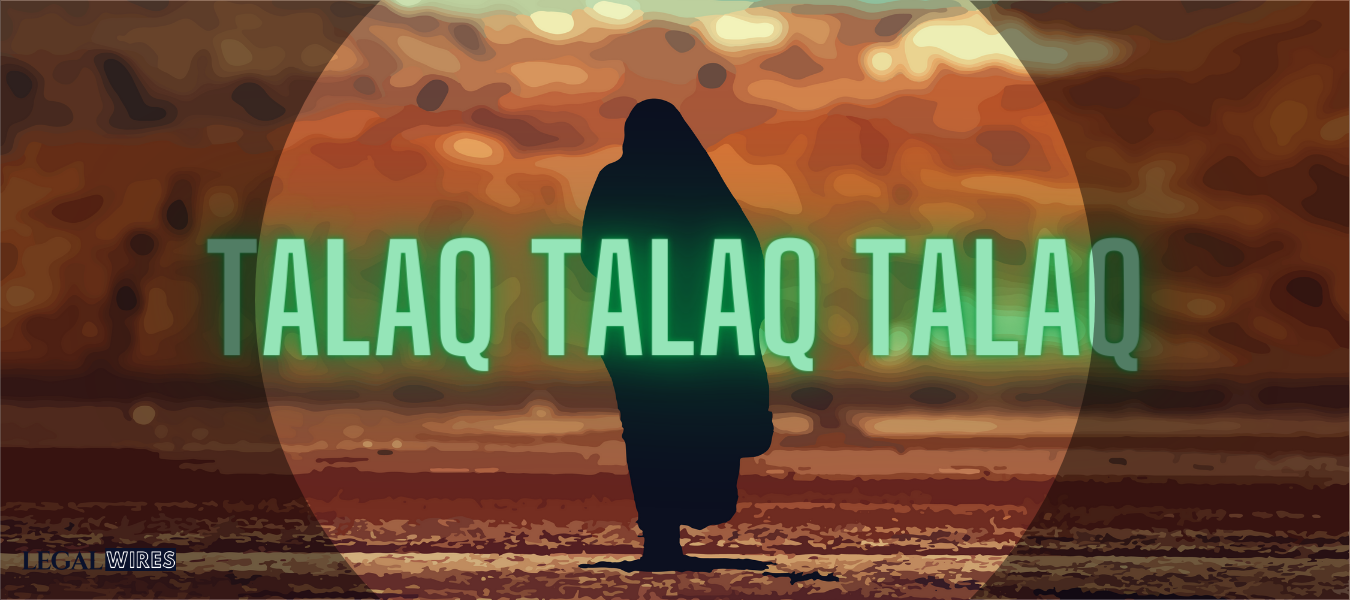This article states the facts, issues and the judgement of the Saiyid Rashid Ahmad v. Mussammat Anisa Khatun case.

Hallucination-resistant legal AI (context engineered)
Citation: (1932) 34 BOMLR 475
Date of Judgement: 19th November, 1931
Bench: Thankerton (J), Salvesen (J), G Lowndes (J)
Facts:
- Ghiyasuddin, a Sunni husband, divorced his wife Anisa Khatun irrevocably by pronouncing three Talaqs. He pronounced the Talaq under the undue influence of his parents when the wife was not present there. Later, the husband resumed cohabitation without formally remarrying and without adopting the special procedure.
- Five children were born to them after this resumption of cohabitation. After the death of the husband, the children and the widow Anisa Khatun claimed their share in the property as heirs of the deceased. Their claim to inherit the property was challenged by Rashid Ahmad, who was the brother of the deceased husband. Rashid Ahmad pleaded that after triple Talaq the marriage of Ghiyasuddin and Anisa Khatun was dissolved.
Issues:
- Is the marriage between Ghiyassudin and Anisa Khatun valid?
- Are the children of Ghiyassudin and Anisa Khatun, the legal heir to the inheritance of their father?
Rules that the Muslim law prescribes for the re-marriage between divorced husband and wife:
- The re-marriage of the divorced couple must be a fresh contract of marriage with all the essential formalities including fresh dower[1]. If the divorced couple resumes cohabitation without contracting a fresh marriage, their union would be unlawful.
- The divorced couple cannot remarry even by a fresh contract without adopting the following special procedure:
- After completion of a divorce, the divorced wife observes the required Iddat[2] period. When Iddat is completed, the divorced wife contracts a valid marriage with another person. This marriage with the other person should not be merely a formality. It must be consummated.
- The marriage with such other person dissolves. The husband either voluntarily divorces the wife or is himself dead and the wife observes Iddat.
- Now, after the expiry of this Iddat, the wife may lawfully remarry the former husband.
- After completion of a divorce, the divorced wife observes the required Iddat[2] period. When Iddat is completed, the divorced wife contracts a valid marriage with another person. This marriage with the other person should not be merely a formality. It must be consummated.
If there is a fresh contract but special procedures have not been followed, the marriage is irregular. But, if there is no fresh contract, the marriage is void. That is to say, if there is a mere resumption of cohabitation there is no re-marriage and the union is void.
Judgement:
The Privy Council held that as there was no intermediate marriage (with another person) the bar to remarriage was not removed. The court further observed that there was no proof of any regular re-marriage; the parties simply resumed cohabitation.
In view of these circumstances, the court held that the union of Ghiyasuddin and Anisa Khatun after the triple divorce was void. The children, therefore, were held to be illegitimate and neither the children nor the widow could inherit the properties.
Key Points established:
1. Can the divorce be held legal if it was undertaken under the influence or jest?
Yes,
The court was of the opinion that the validity and effectiveness of the divorce would not be affected by Ghiyasuddin’s mental intention that it should not be a genuine divorce, as such a view is contrary to all authority. A talaq actually pronounced under compulsion or in jest is valid and effective according to Mohammaden Law.
2. Is it necessary for the wife to be present when the divorce is pronounced?
No,
It is not necessary that the wife should be present when the talaq is pronounced, though her right to alimony may continue until she is informed of the divorce. The absence of the wife makes no difference to the validity of divorce otherwise duly effected. As this matter has also been dealt in the case of Ful Chand v. Nazab Ali Chowdhry[3] wherein the book of Mr. Ameer Ali in Section 3 Chapter XII was referred, where he says,
“It is not necessary for the husband himself to pronounce talaq in the presence of the wife, but it is necessary that it should come to her knowledge”.
[1] Mahar or Dower is a sum of money or other property to be paid or delivered to the wife. It is either specified or unspecified but in either case, the law confers a mandatory right of Mahar or Dower on wife.
[2] A period of time during which a divorced or widowed woman may not remarry, originally observed in order to ascertain if a child was conceived prior to divorce or widowhood (and as a mourning period in the latter instance).
[3] (1909) ILR 36 Cal 184.


